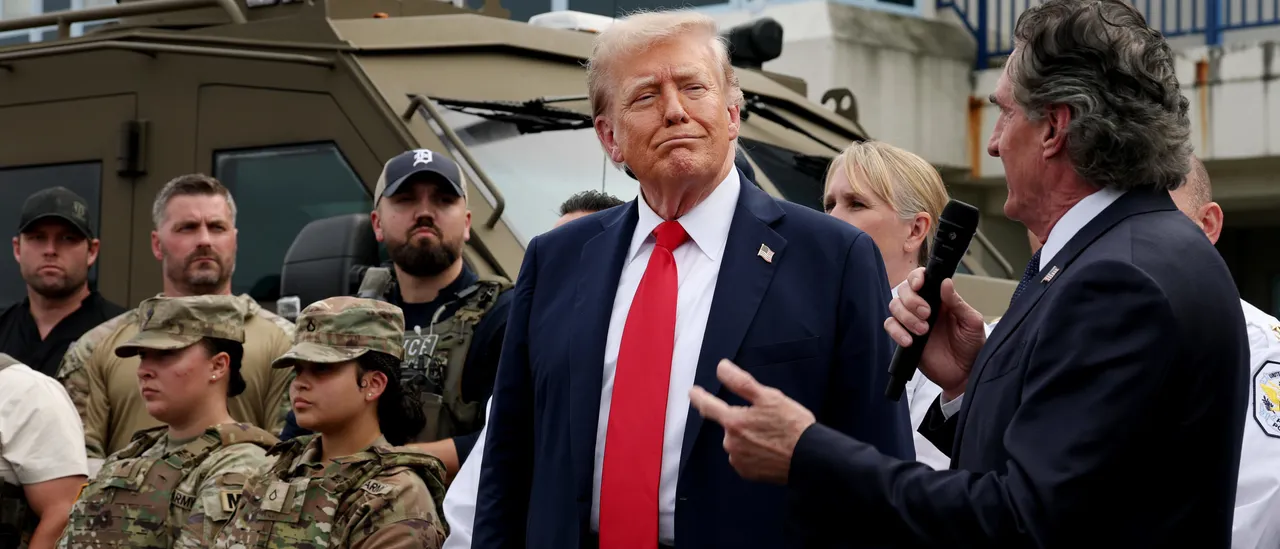Donald Trump has proposed deploying the National Guard to cities like Chicago and Baltimore, which have been grappling with high crime rates. This suggestion has sparked significant backlash from various political figures and commentators who label it as a manifestation of authoritarianism. Critics argue that Trump’s approach overlooks the complexities of urban crime, while supporters emphasize the urgent need for effective governance in these troubled areas.
The ongoing crises in cities such as Chicago and Baltimore are not just political talking points; they represent a pressing reality for residents. In 2024, Chicago recorded nearly 600 homicides, securing its position as the homicide capital of the United States for the thirteenth consecutive year. Baltimore, while seeing a slight reduction in violent crime, still maintains rates significantly higher than the national average. Many argue that the long-standing Democratic leadership in these cities has failed to provide adequate safety for their communities, which are predominantly Black and working-class.
Trump’s proposal to deploy federal troops, if local leaders continue to neglect their responsibilities, draws on constitutional principles. Article IV of the Constitution allows federal intervention when local governance collapses. The Insurrection Act of 1807 has historically been a tool for presidents to restore order during periods of significant unrest. Previous presidents, including Thomas Jefferson and George H.W. Bush, have utilized this authority when necessary.
Critics of Trump’s proposal often focus on the potential for increased tensions and further division. Yet, many residents in crime-ridden neighborhoods express a desire for greater law enforcement presence, challenging the narrative that calls for reducing police funding. Trump’s political strategy seems to capitalize on the disconnect between these community needs and the positions of some progressive politicians.
Polling consistently indicates that crime and safety are among the top concerns for voters. In recent exit polls, crime ranked as a top-five issue, with a significant majority—around 70% to 80%—supporting increased police funding. The Democratic Party’s alignment with more radical positions on crime has left them defending policies that many voters perceive as impractical or dangerous.
Trump’s historical awareness of federal intervention in crises, such as the Whiskey Rebellion in 1794, demonstrates that calls for federal support are not without precedent. His tactics often provoke strong reactions, compelling political opponents to defend positions that may alienate mainstream voters.
By addressing crime directly and advocating for a law-and-order message, Trump positions himself as a candidate aware of the pressing needs of urban communities. His approach, which starkly contrasts with more moderate or progressive alternatives, appears to resonate with a public eager for solutions.
In this political landscape, the implications of Trump’s proposals extend beyond mere rhetoric. The conversation surrounding urban crime is critical, and the reactions to Trump’s assertions reveal deeper divisions within political discourse. The ultimate question remains whether local governments will rise to meet their responsibilities or whether federal intervention will become the norm in addressing these urgent issues.
